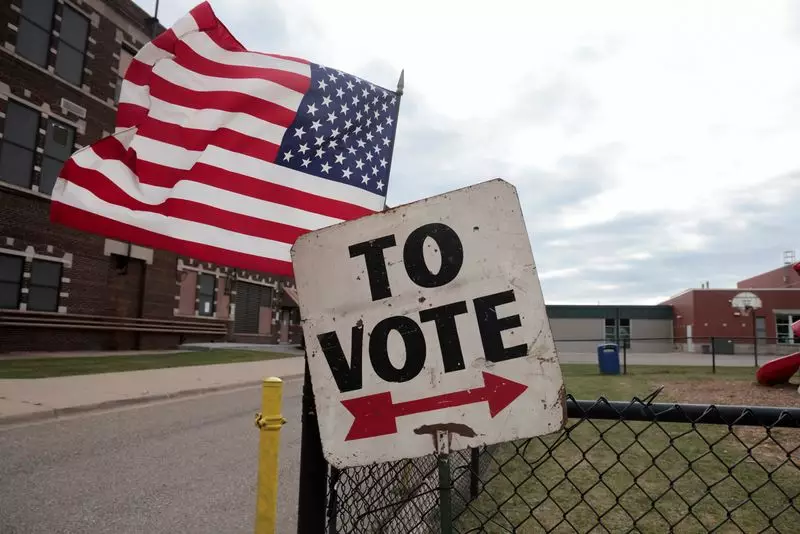In the wake of Donald Trump’s election victory over Kamala Harris, Beijing stands at a pivotal juncture in its foreign policy strategy. The longstanding rivalry between the United States and China is poised to intensify, as Trump’s return brings about a resurgence of confrontational trade, technology, and security policies. This development could have profound implications for global geopolitics.
Trump’s electoral success was characterized by a robust nationwide performance, suggesting a consolidation of his support base. With a larger share of votes compared to the previous election, Trump’s victory feels like a validation of his past actions, particularly his hardline approach towards China. Chinese analysts, while apprehensive, are not entirely surprised. They recognize that the contentious relationship that has defined Sino-U.S. interactions may now escalate, with implications spanning economic, technological, and strategic territories.
The sentiment among Chinese strategists reflects a dual perspective: while there is concern regarding Trump’s combative tariffs and trade policies, there is also an opportunity. The expectation is that Trump’s isolationist tendencies could inadvertently allow China to strengthen its influence globally. The Chinese Communist Party may attempt to cultivate a diplomatic rapport with Trump, masking underlying regional ambitions with a veneer of cooperation.
One of the most significant concerns emanating from Trump’s administration is the potential re-imposition of punitive tariffs on Chinese goods, potentially exceeding 60%. As China is heavily reliant on exports to the U.S., which amounted to over $400 billion annually, the implications of such tariffs could be catastrophic. Internal economic challenges compound the risks, leaving China particularly cautious about Trump’s next moves.
Moreover, the specter of a decoupling of American and Chinese technologies looms over the horizon. As Trump gears up to disentangle these intertwined economies, China recognizes the importance of pursuing self-sufficiency in technology and innovation. This is not merely a reaction to tariffs but could signify a strategic shift towards bolstering domestic industries that have been historically dependent on foreign technology.
In the event of increasing U.S. disengagement from global commitments, China appears ready to capitalize on the created power vacuums. Trump’s foreign policy is marked by a transactional nature, favoring bilateral agreements over multilateral collaborations. This dynamic could enable China to fortify its ties with emerging economies in the Global South, as well as strengthen relationships with traditional allies in Europe and Northeast Asia.
Recent diplomatic engagements between Chinese President Xi Jinping and Indian Prime Minister Narendra Modi, as well as outreach to Japan, exemplify China’s proactive stance in redefining its international relationships. With the anticipated shift in U.S. foreign policy, China may seek to fill the void left by the U.S., positioning itself as a leader in global governance, trade, and security matters amidst an increasingly chaotic international system.
The geopolitical chessboard extends beyond mere trade, with Taiwan emerging as a potential flashpoint. Trump’s contentious remarks about Taiwan’s financial responsibilities towards U.S. defense only serve to exacerbate existing tensions in the region. The Biden administration’s assertive posture towards China, particularly in relation to Taiwan, indicates a potential escalation of military presence on the island, further complicating the Sino-U.S. relationship.
Amidst these evolving dynamics, China must navigate not only the challenges presented by a potentially hostile U.S. but also its internal economic needs. Experts suggest that Beijing may leverage diplomatic negotiations, offering concessions in areas of shared interest, while intensifying its focus on critical domestic economic reforms. Articulating a clear strategy that carefully balances international assertiveness with domestic stability will be crucial for China moving forward.
As Trump embarks on his new administration, the stage is set for an era marked by heightened competition between the world’s two largest economies. The expected increase in confrontations over trade and technology will test the resilience of existing alliances and instituted policies. As both nations inch towards a paradigm of mistrust, the importance of nuanced diplomatic engagements cannot be overstated. It’s a complex landscape, where every move will be scrutinized, and the stakes have never been higher.

